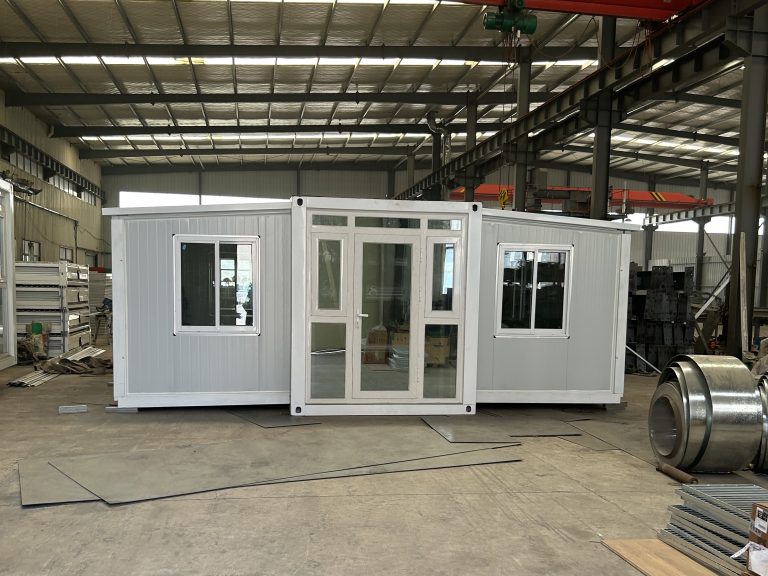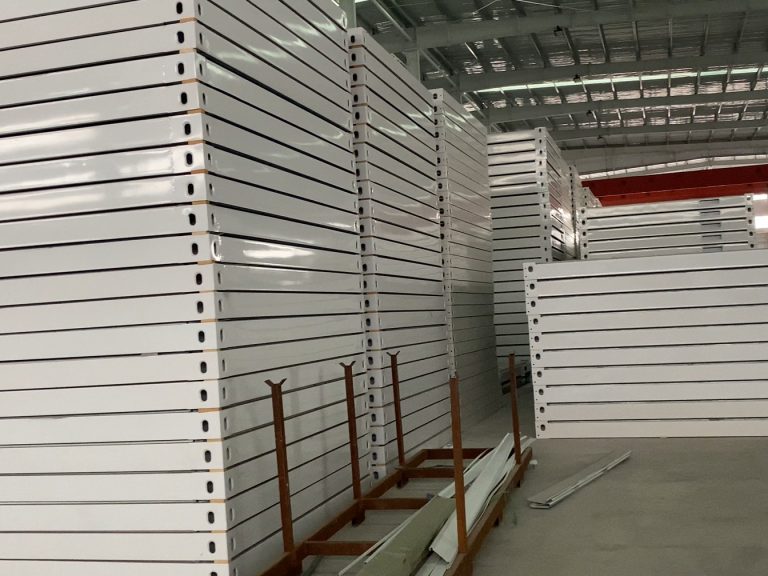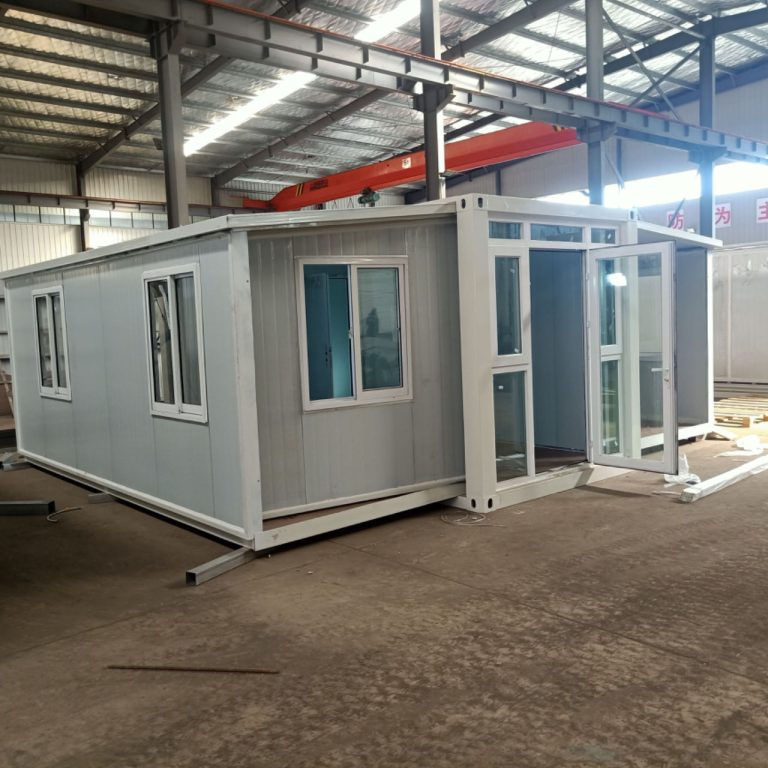Table of Contents
Benefits of Implementing Hangar Solar Panel Systems in Airport Energy Management
Airport energy management is a critical aspect of ensuring the efficient operation of an airport while also reducing its environmental impact. One innovative solution that has gained traction in recent years is the implementation of hangar solar panel systems. These systems have the potential to not only reduce energy costs but also decrease the carbon footprint of airports.
A study conducted on the role and value of hangar solar panel systems in airport energy management found several key benefits. One of the most significant advantages is the potential for cost savings. By harnessing solar energy to power hangars, airports can significantly reduce their reliance on traditional energy sources, which can be costly and environmentally damaging. This can lead to substantial long-term savings for airports, making it a financially attractive option.
In addition to cost savings, hangar solar panel systems can also help airports reduce their carbon footprint. Traditional energy sources, such as fossil fuels, are major contributors to greenhouse gas emissions. By switching to solar energy, airports can significantly decrease their carbon emissions, helping to combat climate change and improve air quality in the surrounding area. This is not only beneficial for the environment but also for the airport’s reputation as a sustainable and responsible organization.
Furthermore, hangar solar panel systems can also enhance the resilience of airport energy systems. By generating their own renewable energy on-site, airports can reduce their vulnerability to power outages and disruptions in the grid. This can be particularly important during emergencies or natural disasters when access to reliable energy sources is crucial for airport operations. By investing in solar energy, airports can ensure a more reliable and secure energy supply for their hangars.
Another key finding of the study was the potential for hangar solar panel systems to serve as a source of revenue for airports. In some cases, airports may produce more solar energy than they need to power their hangars. In these instances, airports can sell excess energy back to the grid, generating additional income. This can help offset the initial investment in solar panels and make the system even more financially viable in the long run.
Overall, the study on the role and value of hangar solar panel systems in airport energy management highlights the numerous benefits of this innovative technology. From cost savings to carbon footprint reduction to increased resilience and potential revenue generation, hangar solar panel systems offer a range of advantages for airports looking to improve their energy management practices. By investing in solar energy, airports can not only save money and reduce their environmental impact but also enhance their reputation as sustainable and forward-thinking organizations. As the aviation industry continues to prioritize sustainability and environmental responsibility, hangar solar panel systems are likely to play an increasingly important role in airport energy management in the years to come.
Case Studies on Successful Integration of Hangar Solar Panel Systems in Airport Operations
As airports strive to become more sustainable and reduce their carbon footprint, many are turning to renewable energy sources to power their operations. One such solution that has gained popularity in recent years is the installation of solar panel systems on airport hangars. These systems not only provide a clean source of energy but also offer a range of benefits for airport operations.
A recent study conducted on the role and value of hangar solar panel systems in airport energy management found that these systems can significantly reduce energy costs and greenhouse gas emissions. By harnessing the power of the sun, airports can generate electricity to power their hangars, reducing their reliance on traditional energy sources. This not only helps to lower operating costs but also contributes to a more sustainable and environmentally friendly operation.

In addition to cost savings and environmental benefits, hangar solar panel systems can also provide a reliable source of energy for airports. By generating electricity on-site, airports can reduce their dependence on the grid and ensure a stable power supply for their operations. This is particularly important for airports that operate around the clock and cannot afford disruptions to their energy supply.
Furthermore, hangar solar panel systems can also help airports to meet their sustainability goals and reduce their carbon footprint. By generating clean energy from the sun, airports can reduce their reliance on fossil fuels and lower their greenhouse gas emissions. This not only benefits the environment but also enhances the airport’s reputation as a responsible and sustainable organization.
The study also found that hangar solar panel systems can have a positive impact on airport operations. By generating electricity on-site, airports can reduce their energy costs and free up funds for other investments. This can help to improve the overall financial performance of the airport and create a more efficient and sustainable operation.
Moreover, hangar solar panel systems can also provide a range of other benefits for airports. For example, these systems can help to reduce the heat island effect in urban areas by providing shade and cooling the surrounding environment. They can also serve as a visual representation of the airport’s commitment to sustainability and inspire other organizations to follow suit.
Overall, the study concluded that hangar solar panel systems play a crucial role in airport energy management and offer a range of benefits for airports. From cost savings and environmental benefits to improved reliability and operational efficiency, these systems can help airports to achieve their sustainability goals and create a more sustainable and environmentally friendly operation.
In conclusion, hangar solar panel systems are a valuable investment for airports looking to reduce their energy costs, lower their carbon footprint, and improve their overall sustainability. By harnessing the power of the sun, airports can generate clean energy on-site and reap a range of benefits for their operations. As more airports adopt these systems, the aviation industry is moving towards a more sustainable and environmentally friendly future.







